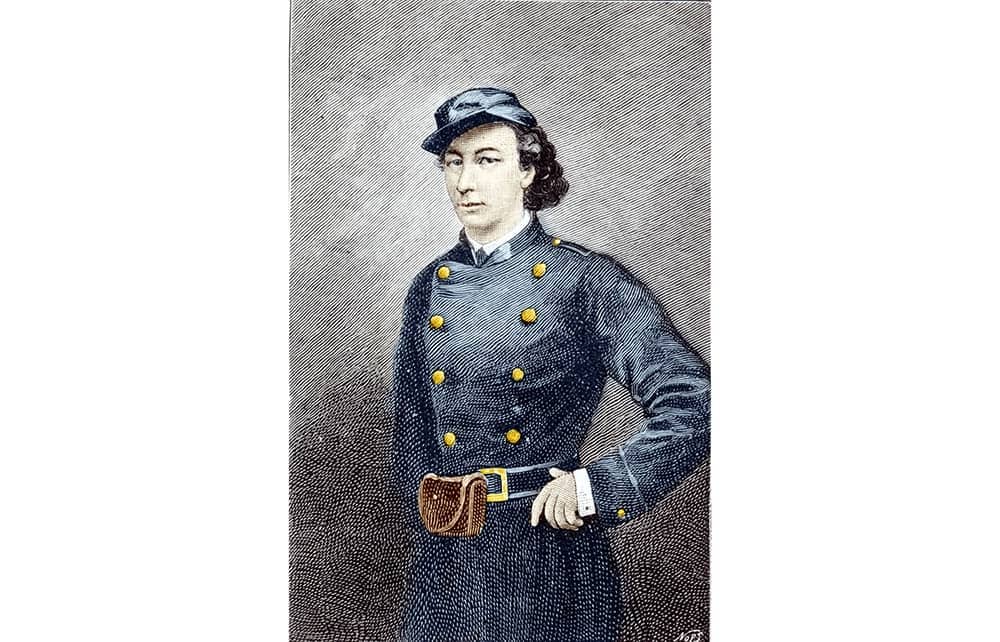What does home mean? Where your dead are buried, as Zulus believe? Or where you left your heart, as a migrant’s saying goes? In these pages William Atkins melds history, biography and travel into a meditation on exile and the meaning of home. It is a volume for our times, as the author seeks to reveal ‘something about the nature of displacement itself’.
Part One introduces the three 19th-century political exiles who form the spine of the book. Louise Michel (1830-1905), the illegitimate daughter of a maid in Haute-Marne, became an anarchist and Communard, who murdered policemen with her Remington carbine. Dinuzulu kaCetshwayo (1868-1913), the young king of the Zulu nation, took up arms to resist southern Africa’s colonial overlords. The Ukrainian-born socialist revolutionary Lev Shternberg (1861-1927) committed himself to the overthrow of tsarism. All three were packed off to remote islands, each a banished exile similar to a Roman relegatio like Ovid, whom Atkins invokes.

Get Britain's best politics newsletters
Register to get The Spectator's insight and opinion straight to your inbox. You can then read two free articles each week.
Already a subscriber? Log in






Comments
Join the debate for just $5 for 3 months
Be part of the conversation with other Spectator readers by getting your first three months for $5.
UNLOCK ACCESS Just $5 for 3 monthsAlready a subscriber? Log in